Friday Five with Yuri van Schoote, Sales Manager DACH at OPP
Who are the people at OPP that dedicate their career to making our partners and end users happy? What drives them and how do they contribute to a better (payment) experience? Join us as we kick off this new monthly blog series of ‘Friday Five’ with our Sales Manager DACH Yuri van Schoote!
1. What do you do at OPP?
As the Sales Manager for the DACH region, my main job is to grow our customer base across Germany, Austria, and Switzerland. It’s an exciting role because there are still so many marketplaces and platforms out there that haven’t heard of us yet but could really benefit from what we offer.
Most of my day-to-day involves building relationships and expanding my network. We already have an office in Berlin and work with some big names, like the German marketplace Kleinanzeigen and Austria’s crowdfunding platform Dagobertinvest. These partnerships help us show other potential clients what we’re capable of. Plus, our close collaboration with Worldline and PayOne really boosts our visibility.
What I love most about OPP is that we’re not just about providing professional and innovative payment solutions—we’re also about personal attention. Whether a customer is big or small, they can count on us being approachable and treating them as a true partner, not just another client. That personal touch is something I really value in my role.
2. How would you specifically define the German payment culture? Do you see a clear shift towards online payments?
Growing up near the German border in the Netherlands, I’ve seen firsthand that cash is still king in Germany. But since COVID-19, there’s been a noticeable shift. More people are shopping online and using online payment methods, especially the younger generation. In particular PayPal is very dominant in Germany, where we see a lot of transactions happening using this payment method. What’s interesting is that we offer PayPal for Marketplaces which is a huge benefit to our partners in the German market.
However, there are still some challenges to overcome, like building trust. People are often hesitant to share personal details online with third parties. But with PSD2 regulations in Europe, licensed third parties can access bank information and initiate payments on behalf of customers—if the customers give consent. To make this work, we need to keep building trust and educating the market. It’s a process that takes time and effort.
3. How do you think marketplaces and platforms in the DACH region (or those that want to expand to this market) could benefit from what OPP has to offer?
Our focus on the DACH region is a big advantage for local platforms. We already have German-speaking support staff, a dedicated Solutions Manager for technical integrations, and an office in Berlin. This local presence is a huge plus for platforms that either operate in or want to expand into the DACH market.
One of our unique selling points is our multi-split payments feature. This solution automatically splits a single transaction into multiple payments, making it flexible and efficient for distributing funds.
Another interesting feature is escrow, where we enable merchants and platforms to hold funds and only release them when certain criteria are met. This could be branded as a Buyer Protection service in the case of a C2C marketplace, but also as a security measure for holding a down payment in the case of a leisure or rental platform.
Another standout feature is our Automated Mediation Flow. Dispute handling can be time-consuming and costly, especially for large-scale operations. Our solution allows buyers and sellers to resolve disputes quickly and automatically, improving the user experience and making support operations more efficient.
And one more thing: at OPP, every customer, no matter their size, gets personalized attention. You don’t need to hit a certain revenue threshold to get our care and support.
4. Having worked as a KYC and support specialist for OPP in Germany and the UK in the past, what insights can you share about what’s most important to our partners and end users?
My time in those roles gave me a deep understanding of user flows and payment methods for C2C marketplaces. It also highlighted the frustrations users often face with online payments. This experience is invaluable in optimizing the customer journey and meeting specific needs.
For example, listening to feedback from our partners and their users led us to develop Automated Mediation Flow. We’ve also separated our support and onboarding teams so that each can focus on their strengths. This means our support staff can tackle more serious issues while the onboarding team helps merchants get started smoothly.
5. Having been in the militairy, a team manager in the cruise industry and having led a diving school in Asia for some years, how do you leverage these international experiences in your current role?
Having worked abroad, I’ve gained a broader perspective on people and cultures. One key lesson I’ve learned is not to judge a book by its cover—everyone has their own background and viewpoint. Recognizing this and being empathetic helps in building trust and solid relationships.
For example, in Germany, people tend to be more formal, whereas in the Netherlands, things are a bit more relaxed. In Asia, politeness is key, so you might not get a direct “no,” even if that’s what they mean. You have to ask more questions to get to the bottom of things. Understanding these cultural nuances helps me communicate and work more effectively with different people.
Bonus question: with our HQ based in Delft, the Netherlands, we have to ask: bitterbal or Currywurst?
Tough choice, but I’d go with a bitterbal!

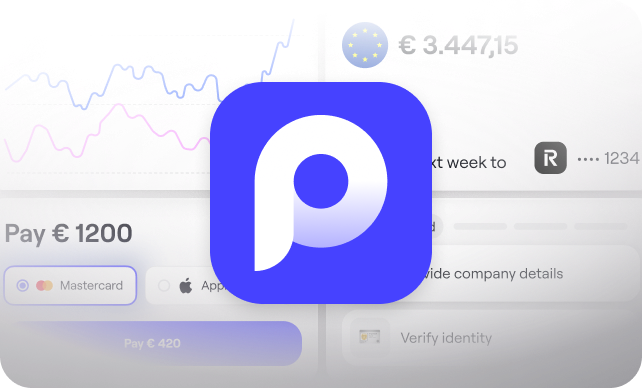
.svg)
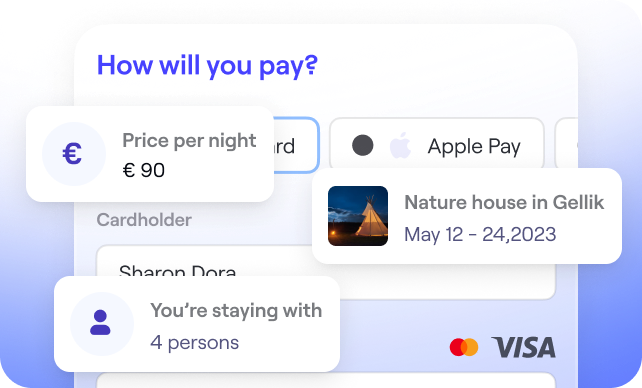
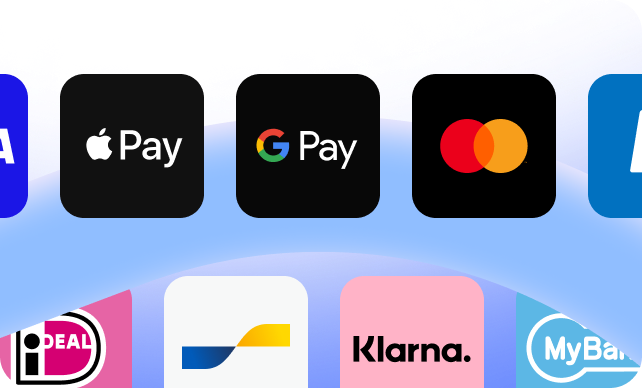

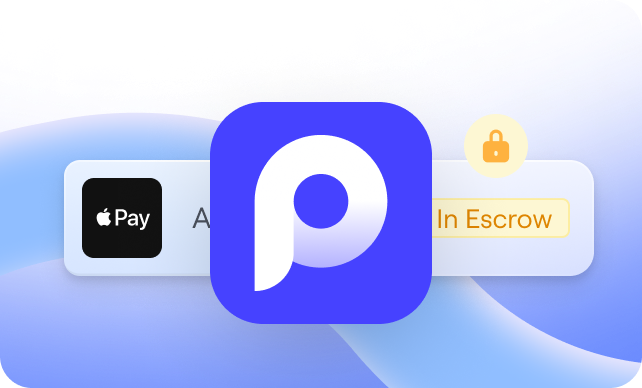

.svg)
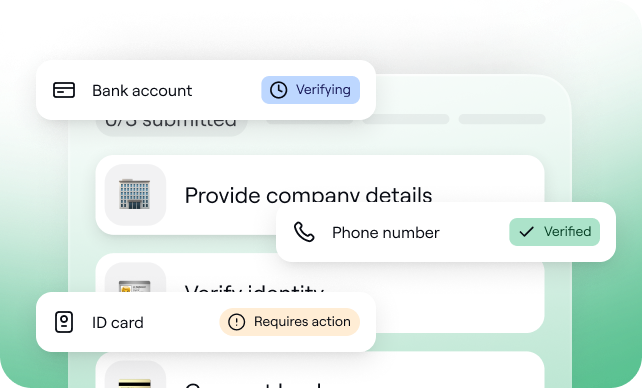
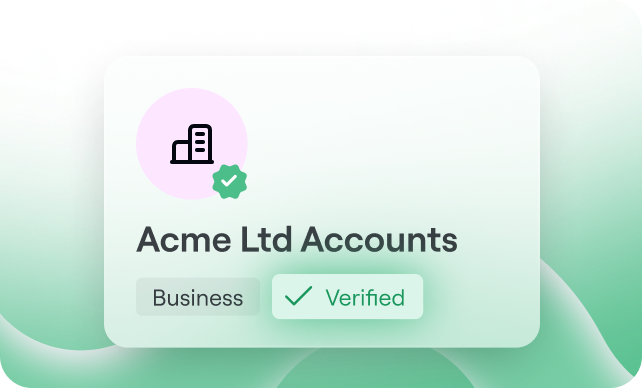
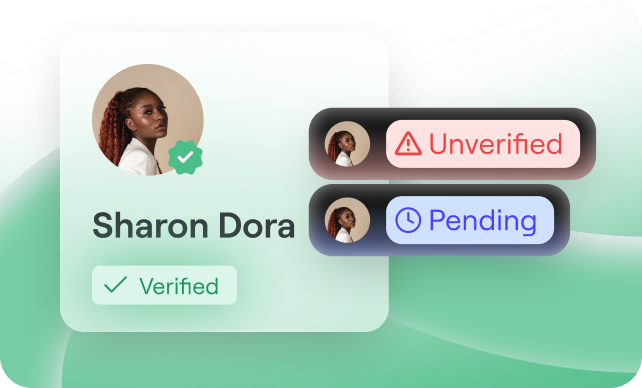
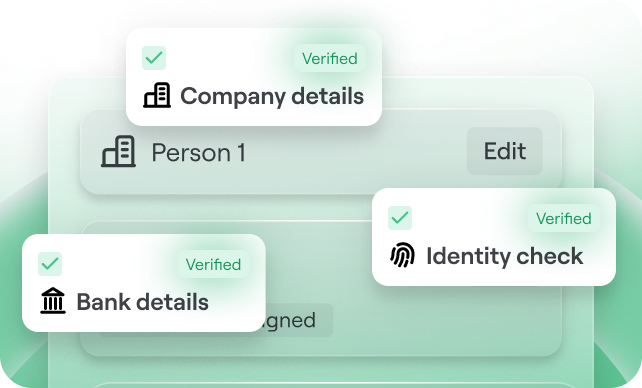
.svg)
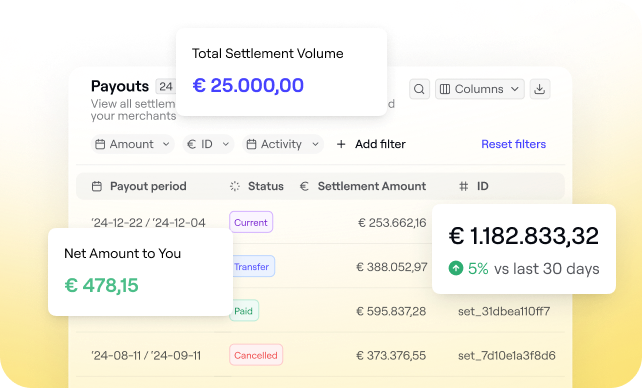
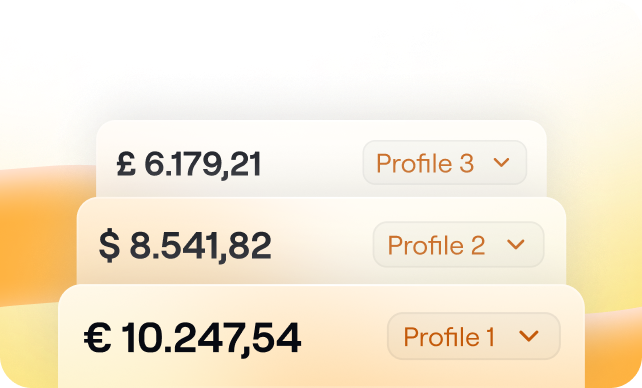
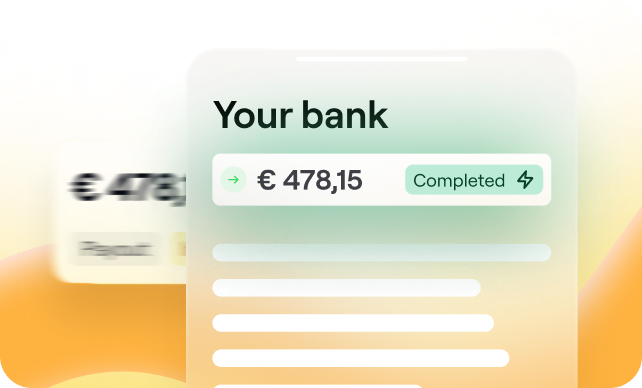
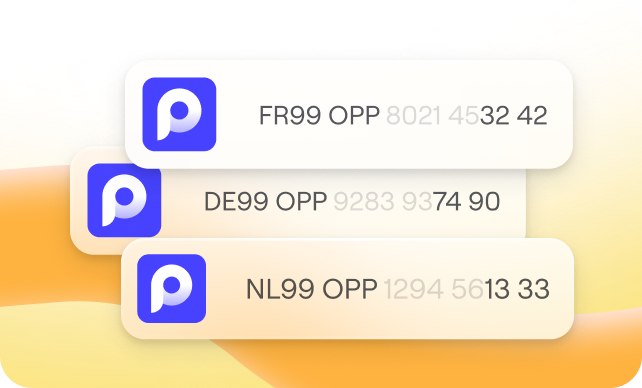
.svg)
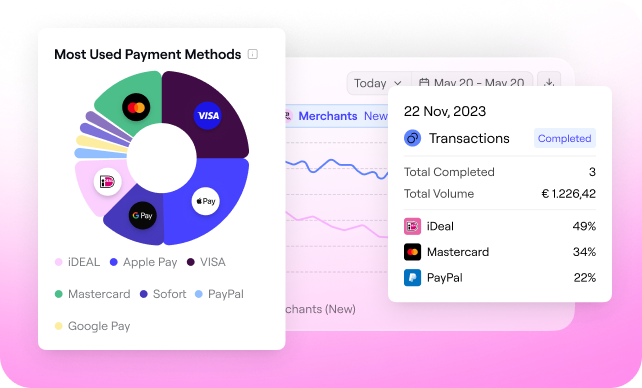
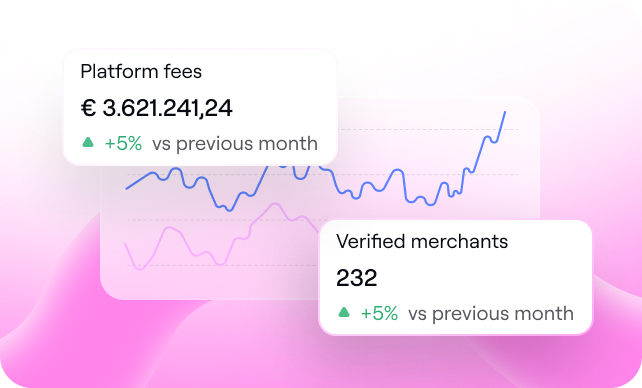
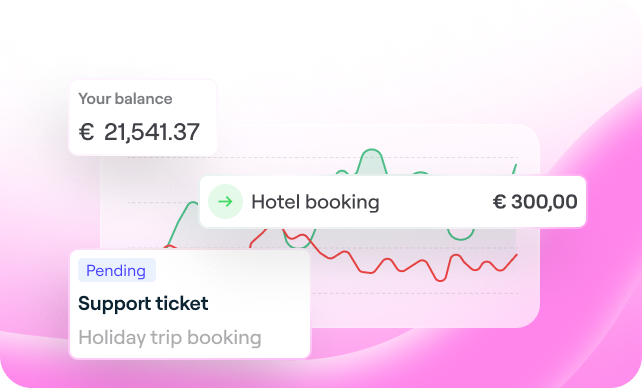
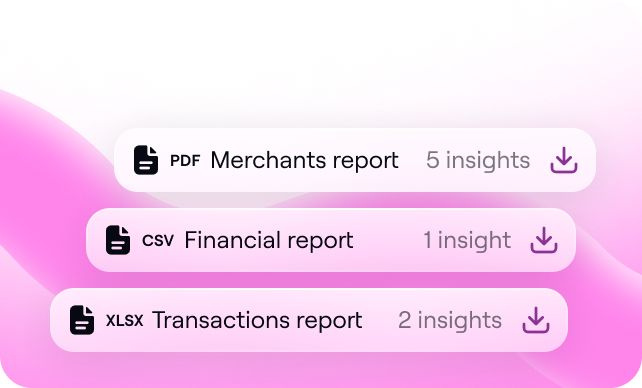
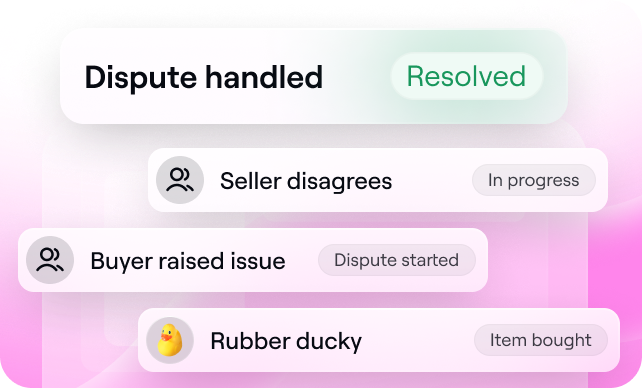






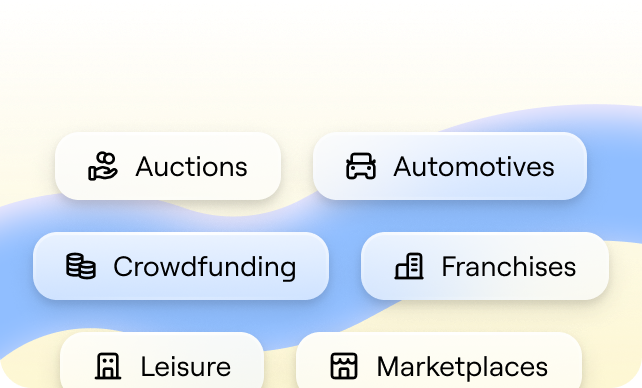
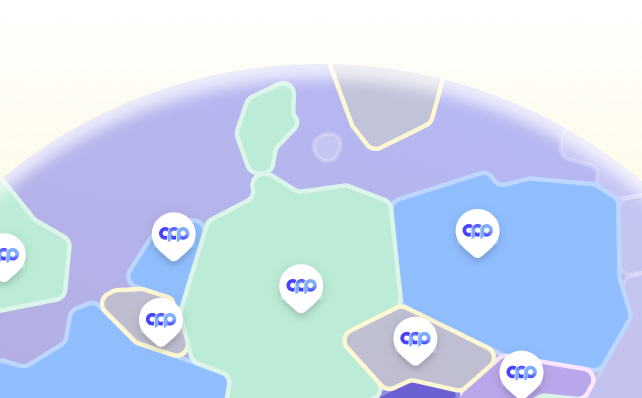


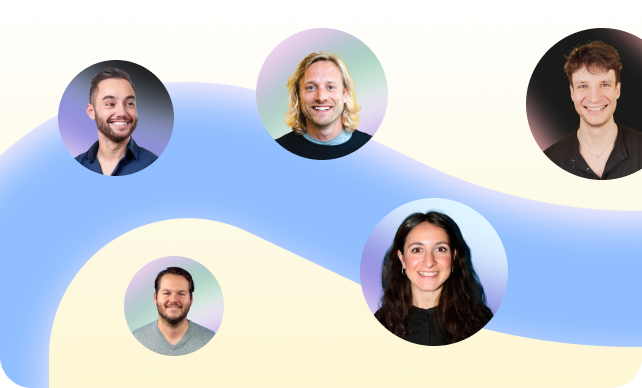


%20(1).png?width=1300&name=Copy%20of%20Copy%20of%20Blog%20post%20(1620%20x%201080%20px)%20(1).png)



.png)
.png?width=75&height=51&name=Worldline%20(2).png)